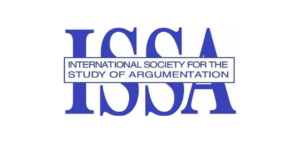To counter disinformation, a plethora of fact-checking organizations have arisen, but the fake news phenomenon is far from being solved. Whilst research in computational social science has widely focused on implementing automatic fact-checking, the analysis of the discourse features which make fact-checking impactful has been under-investigated. By combining social network analysis, emotion-based sentiment analysis and topic modeling, our study proposes a new methodology to compare and contrast content and audiences of fact-checks and disinformation messages, with a particular focus on engagement patterns. We apply our approach to a mixed corpus of Italian fact-checks and Italian disinformation accounts on Twitter. Drawing from the results of the analysis, we formulate a set of recommendations to make fact-checking discourse more engaging and impactful, leveraging rhetorical and content-based features.
Click HERE for the full article



